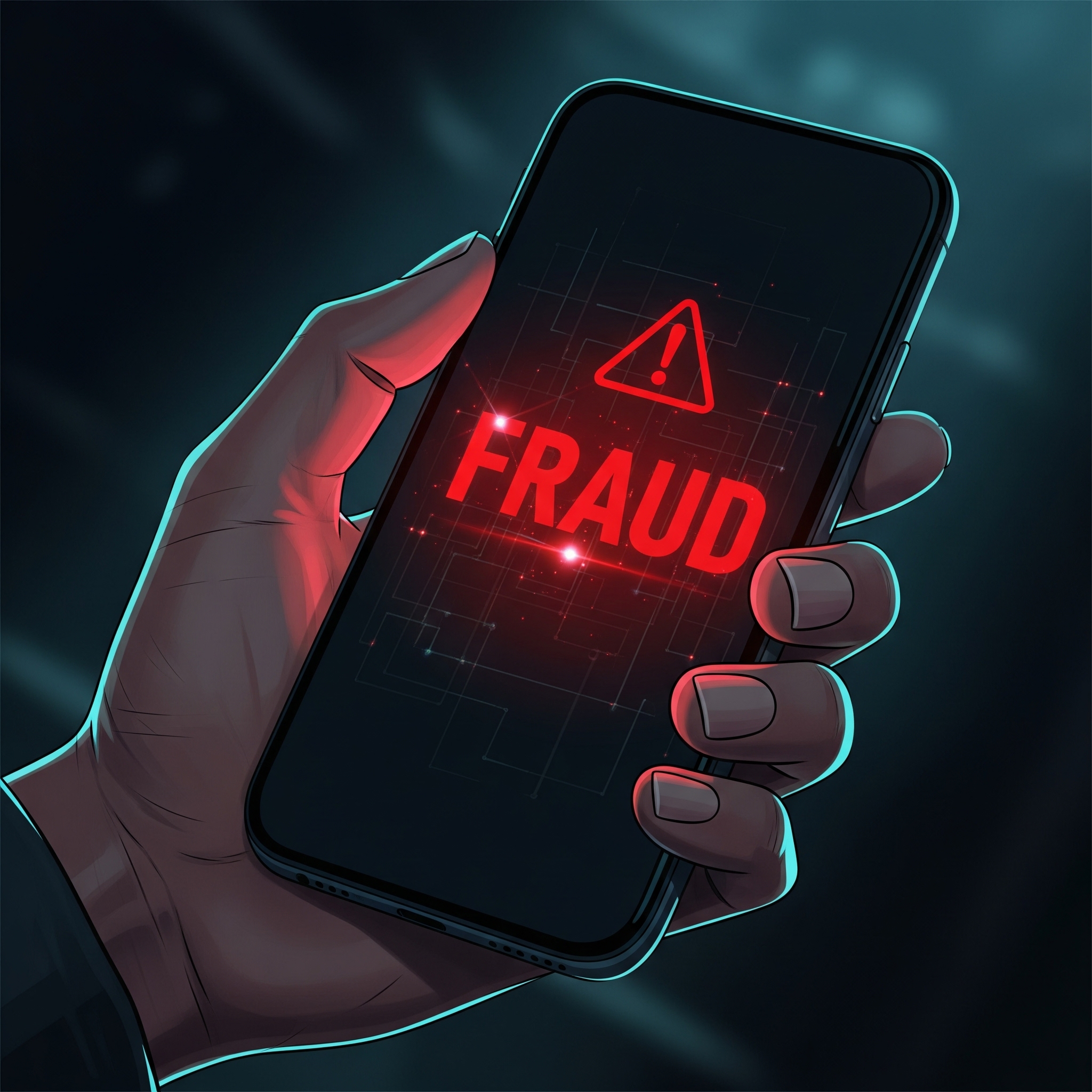
Down to the Wire
You’ve performed your inspections, negotiations have been finalized, and you’re ready to sign your closing docs. You receive the estimated settlement statement from escrow and you’re preparing to send the money for your down payment and closing costs.
In the past, you’ve confidently trusted that your ACH (automatic clearing house) payment for your insurance, car payment, etc. is going to get where it needs to go. This time it feels different. This time you pause and think to yourself, “This is a boatload of cash…”
We put a lot trust in our financial systems, believing things will work as they should when we need them to. Most know nothing else, but in reality, that belief lulls us into a false sense of security. Sadly, this leads people to move through the fin-tech portion of a real estate transaction with less caution than required. Like many tragedies in life, we think it can’t happen to us, but that’s simply not true. In 2024 alone, there was $500 million worth of real estate wire fraud, and with the advancements in artificial intelligence, wire fraud schemes are only becoming more sophisticated.
Luckily, I have never had a client fall victim to wire fraud (knock on wood), but I have had a major scare. My clients sent their funds to escrow at around 11:00 am and, up until that point, the longest I had seen a wire take to get to escrow was a couple hours. A few hours later I called to see if the wire had been received and was told it hadn’t, but they could see that it had been “initiated” and we need not worry.
I called back near the end of the day and still nothing. I was worried. Thankfully, the next morning the funds arrived safe and sound. This delay was unavoidable. It was a symptom of our overcrowded, vulnerable and outdated settlement system. Other people aren’t so lucky.
The worst horror story I’ve heard is someone who had their email hacked early in the escrow process. The perpetrators monitored every detail of the transaction. And when it came time to wire the buyer’s funds, the hackers sent a flawless email with fake wiring instructions. The buyer did the correct thing and called the escrow office to confirm the wiring instructions, but the indistinguishable fraudulent email provided a phone number that directed them to the scammers verifying the fake instructions. They ended up wiring over $200,000 somewhere abroad, never to be seen again.
So, what should I look out for?
- Unusual phone numbers and email addresses
- Last minute changes
- Urgent or pressured language
- Request to verify information via email
- Poor grammar or unusual phrasing
What can I do to avoid being scammed?
- Independently verify information
- Be skeptical of email attachments
- Use strong passwords and security software
- Confirm wiring instructions directly with the title company before releasing funds
- When calling to verify wiring instruction, confirm the number in multiple places
- i.e. the company’s website, Google and multiple past email etc.
Yes, wiring money is often necessary. A lot of my clients choose to do it. It’s convenient and relatively reliable. I’ve also had some clients use a cashier’s check for their down payment and closing costs. Sending tens or hundreds of thousands of dollars digitally or carrying a piece of paper from your bank to an escrow office each present their own unique risks, but given the sheer volume of the 2024 wire fraud, steering clear of that possibility altogether seems like the lesser of two evils.
I’m not here to tell you how to handle your money. My objective is to share information to help keep you safe and let you know that there is another, more analog option, to get your money to the closing table. If you choose to wire and think you may be a victim of fraud, immediately to report it to your bank and file a report with the Internet Crime Complaint Center (IC3) part of the FBI ic3.gov.


 Facebook
Facebook
 X
X
 Pinterest
Pinterest
 Copy Link
Copy Link
